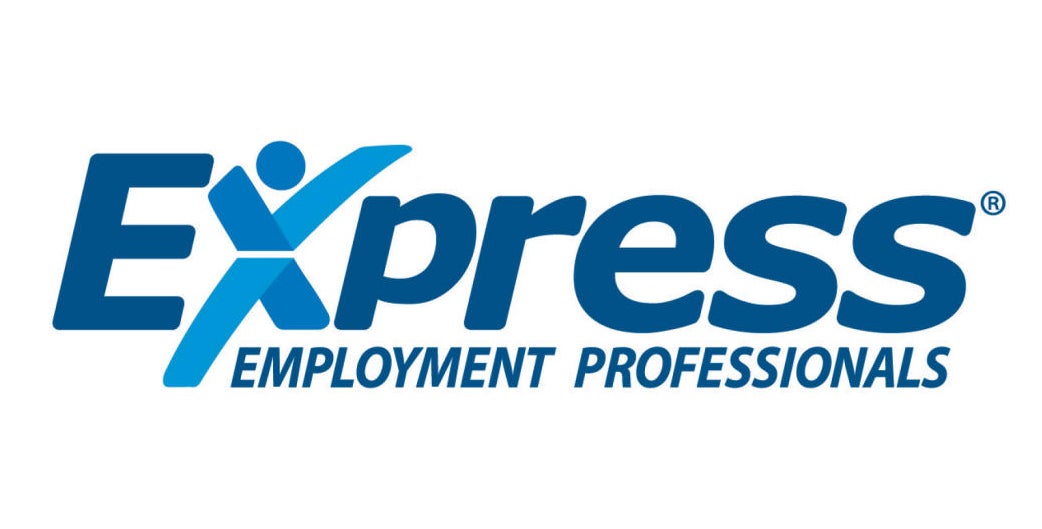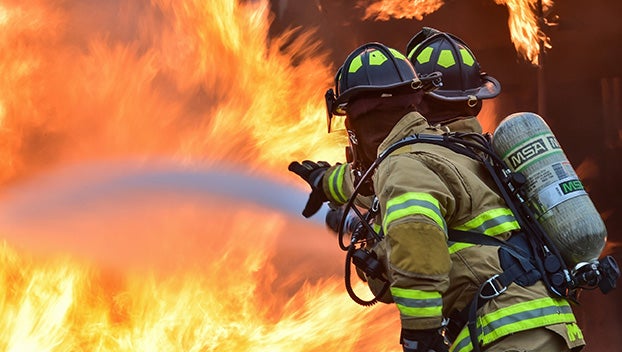‘Buckle up in Your Truck’ drives up
Published 12:02 am Saturday, April 25, 2015
You don’t go far in the River Parishes before running into a pickup truck.
It’s part of our identity.
A new, coordinated effort between the Louisiana Highway Safety Commission, Louisiana State Police, local law enforcement officers and traffic safety coalitions from across the state dubbed “Buckle up in Your Truck” is an effort to save the lives of pickup truck drivers, which will certainly be felt locally.
The effort is needed considering the scary statistics with truck-involved wrecks.
Recently finalized statistics collected by LSU Highway Safety Research Group shows pickup trucks were involved in 24.9 percent of Louisiana’s fatal crashes in 2013. Pickup drivers alone accounted for 23.7 percent of driver fatalities that year.
In cases where seat belt use was known, about 62 percent of Louisiana pickup up truck drivers killed were not properly restrained.
While more motorists than ever before are complying with Louisiana’s seat belt law — with an estimated 84.1 percent buckling up in 2014 — only about 78.5 percent of pickup truck drivers statewide are using seat belts, the lowest rate for all vehicle types, according to the state’s annual seat belt use survey.
Regional seat belt use by pickup truck drivers in the 2014 survey shows Alexandria drivers — at 52.3 percent — as the worst offenders in the state.
The regions book ending the River Parishes, Baton Rouge and New Orleans, checked in at 75.4 and 74.7 percent, respectively.
Lt. Col. John LeBlanc, executive director of the Louisiana Highway Safety Commission, which is coordinating “Buckle up in Your Truck,” said the campaign provides grants statewide, especially in low-compliance regions of Louisiana, so officers can work overtime to enforce the state’s seat belt law with a focus on pickup trucks.
Louisiana has a primary enforcement seat-belt law, meaning officers can stop and ticket anyone they spot not buckled up.
Here’s hoping more police officers utilize this tool as a measure to enforce seat belt use compliance.
It might be a pain in the neck to get a ticket, but it sure beats dying on our state roadways.




